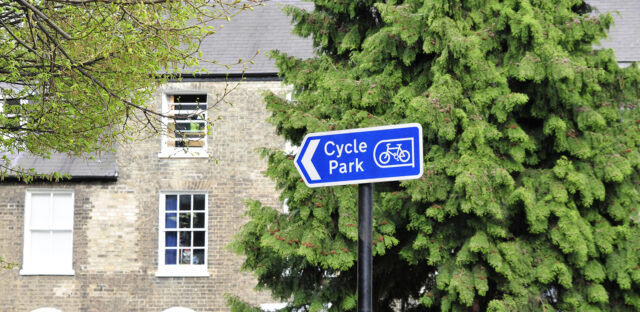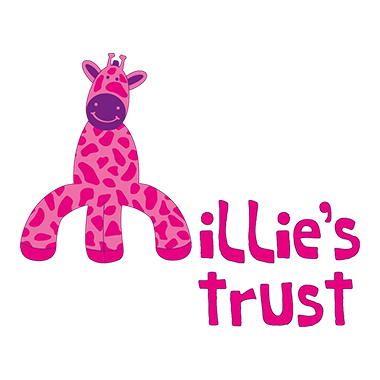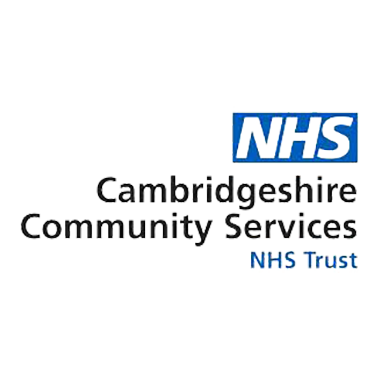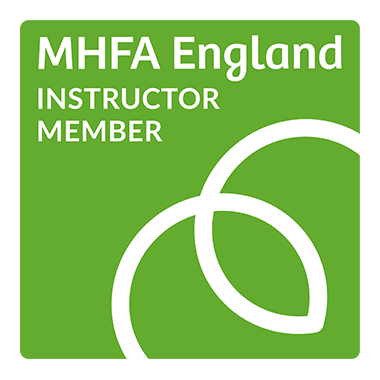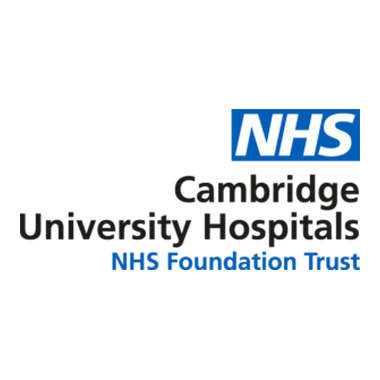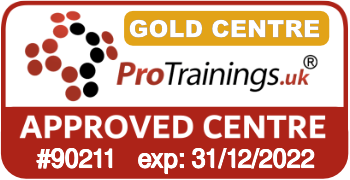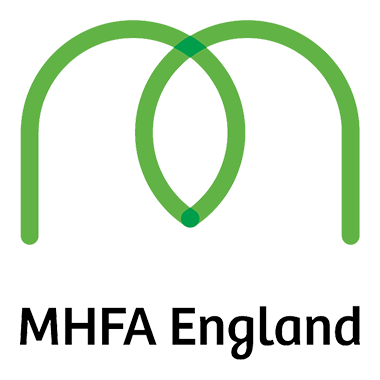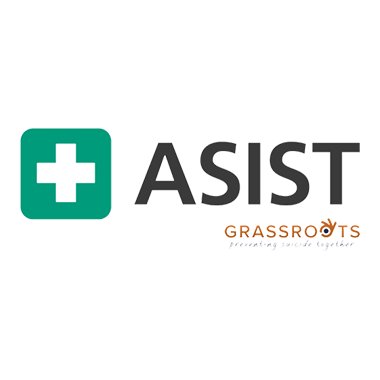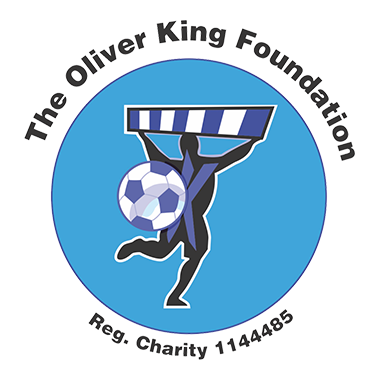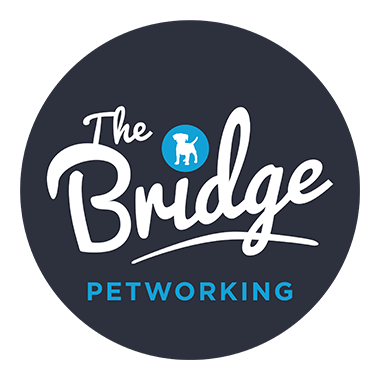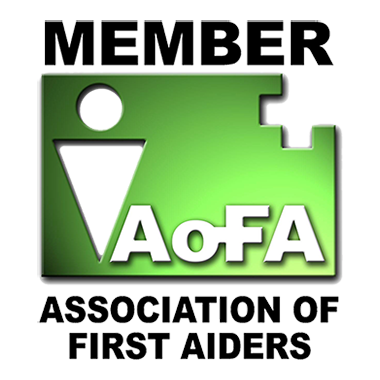Mental Health First Aiders will not learn to diagnose but will learn to signpost.
Published: 11/01/23 By: Jenny White
As a mental health first aider it is never your job to make a diagnosis, however there are some credible tools accessible to Mental Health First Aiders MHFAiders® to support you in a conversation as part of a wider assessment.
The DSM and the ICD are essentially manuals which are updated regularly, for healthcare professional listing a set of criteria for Diagnosis.
The below tools for Depression, Generalised Anxiety Disorder, and Binge Eating Disorders can be used to begin sign posting.
Symptoms of depression
The Diagnostic and Management Guidelines for Mental Disorders in Primary Care, ICD-10 states that a person who is clinically depressed will have at least two of the following symptoms for at least two weeks:
- An unusually sad mood that does not go away
- Loss of enjoyment and interest in activities that used to be enjoyable
- Lack of energy and tiredness
People who are depressed can also have other symptoms such as:
- Loss of confidence in themselves or poor self-esteem
- Feeling guilty when they are not really at fault
- Wishing they were dead/suicidal thoughts
- Difficulty in concentrating or making decisions
- Moving more slowly or sometimes becoming agitated and unable to settle
- Having difficulty in sleeping or sleeping too much
- Loss of interest in food or eating too much: changes in eating habits may lead to either loss of weight or putting on
Not everyone who experiences depression has all of these symptoms. People with severe depression will have more symptoms than those with mild depression. Here is a guide to severity of depression:
Interpretation of results
- Mild depression: 4 of the 10 symptoms over the past two weeks.
- Moderate depression: 5-7 of the 10 symptoms over the past two weeks.
- Severe depression: 8 out of the 10 symptoms over the past two weeks.
Anxiety – The Goldberg Anxiety Scale
The following is a test for anxiety levels commonly used by medical professionals as part of a wider assessment. It is not intended to be used by Mental Health First Aiders to diagnose an individual but can act as a helpful guide to assess how strongly anxiety impacts on a person’s life. It can also be used to self-assess levels of anxiety in our daily life.
In the past month:
- Have you felt keyed up or on edge?
- Have you been worrying a lot?
- Have you been irritable?
- Have you had any difficulty relaxing?
- Have you been sleeping poorly?
- Have you had headaches or neck aches?
- Have you had any of the following: trembling, tingling, dizzy spells, sweating, urinary frequency or diarrhoea?
- Have you been worried about your health?
- Have you had difficulty falling asleep?
Interpretation of results
Score 1 point for each ‘yes’. Most people have some of these symptoms (the average number of symptoms experienced by adults is 4). The higher the score, the more likely it is that a person will experience disruption in their daily life. About 12% of adults get a score of 8 or more on this scale. A person with a high score may have an anxiety disorder.
The SCOFF Questionnaire – test for detecting eating disorders
The SCOFF Questionnaire, devised by researchers at St George’s Hospital Medical School, is a valid and reliable screening tool for detecting the existence of an eating disorder. The questions focus on some key characteristics of anorexia and bulimia. (Which means this test is not appropriate to screen for binge eating disorder.) It is not intended to be used by Mental Health First Aiders to diagnose an individual but can act as a helpful guide to explore eating related behaviours.
SCOFF Questionnaire
- Do you make yourself sick because you feel uncomfortably full?
Yes | No
- Do you worry you have lost control over how much you eat?
Yes | No
- Have you recently lost more than one stone in a 3-month period?
Yes | No
- Do you believe yourself to be fat when others say you are too thin?
Yes | No
- Would you say that food dominates your life?
Yes | No
Interpretation of results
If you answer ‘No’ to every question, the test indicates you don’t have an eating disorder. If you still think you may have an eating disorder, see your doctor.
If you answer ‘Yes’ to 1 question, with the rest answered as ‘No’, the test indicates you don’t have an eating disorder. However, it does suggest you may have some issues with food or your body image. If you are in any doubt about whether or not you have an eating disorder, see your doctor.
If you answer ‘Yes’ to at least 2 questions, the test indicates you may have anorexia nervosa or bulimia nervosa. This is not a diagnosis, but it is possible you have an eating disorder that needs further investigation by a qualified health professional. Please see your doctor.
If you would like more information about Mental Health First Aid, what is is and what it is not, please get in touch.
Categories: Blog, Health & Safety, Healthcare, Mental Health, Parity of Esteem, Pick n Mix
